Gambian leader aims at agro-export
- All About Feed
- 30 Mar 2011
President says a Gulf State company is expected to invest $80-100 million in the country's agriculture in the near future, citing a 400,000 ha rice project.
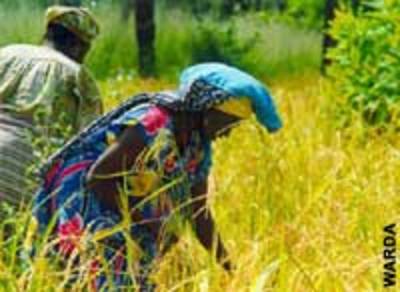
President says a Gulf State company is expected to invest $80-100 million in the country's agriculture in the near future, citing a 400,000 ha rice project.
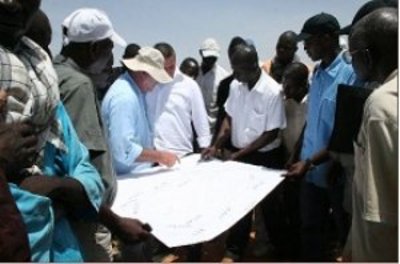
Protocol portant accord de principe de la mise à la disposition pour Fanaye à Senethanol (Italie) d'une surface cultivable de 20,000ha destiné à la culture de patates doueces et à la production d'éthanol et d'aliments de bétails.

Ethiopia is on sale. Everybody is getting a piece of her. For next to nothing. The land vultures have been swooping down on Gambella from all parts of the world.
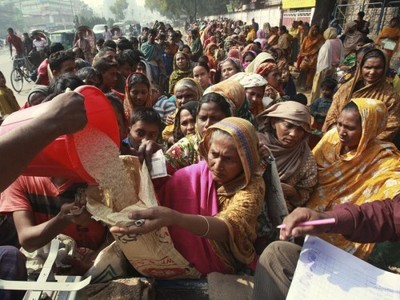
The move comes after two fact-finding missions led by the foreign secretary last year found farming in the so-called dark continent "exceedingly lucrative" for Bangladeshi investors.
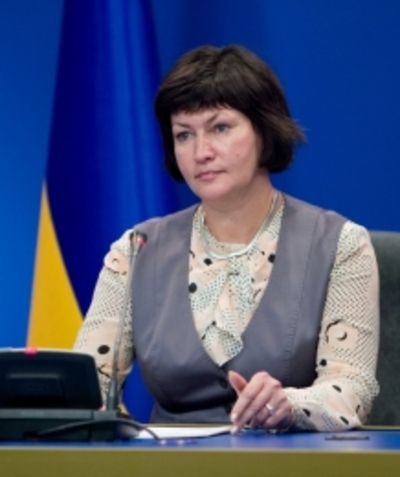
First Deputy Head of Presidential Administration Iryna Akimova said that foreign nationals should be eligible for the privatization of agricultural land in Ukraine.

President Jose Mujica said that private land sales will be honoured but under no conditions will sovereign funds or foreign countries be allowed to purchase land in Uruguay as is happening in Africa.

In Nigeria today, foreign acquisition of arable agriculture land has become a hot and widely discuss issue.

Higher land prices are here to stay; an additional inflationary tailwind for the already rising cost of food.
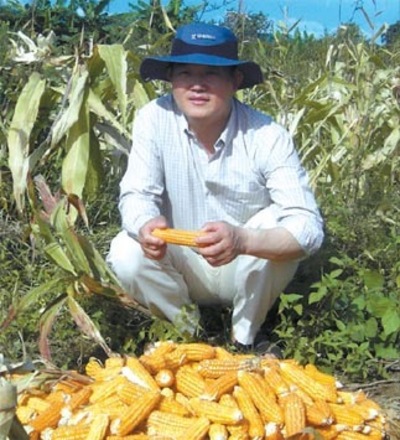
Lee Woo-chang set up a farming company called KomerCN in Cambodia in December 2008 to grow corn for export to Korea on 21 ha. He now wants to expand the farm to 13,000 ha.

Since the food and financial crisis in 2008, a race for arable land has started worldwide. States, corporations, banks and funds of rich countries buy up large chunks of land to produce agrofuels and grow crops for food - or just to speculate.

Sudanese officials have set aside 17,000 hectares of land in White Nile state for an Egyptian meat project.

A land grab is taking place all across Africa, a transfer of control unprecedented in the post-colonial era.